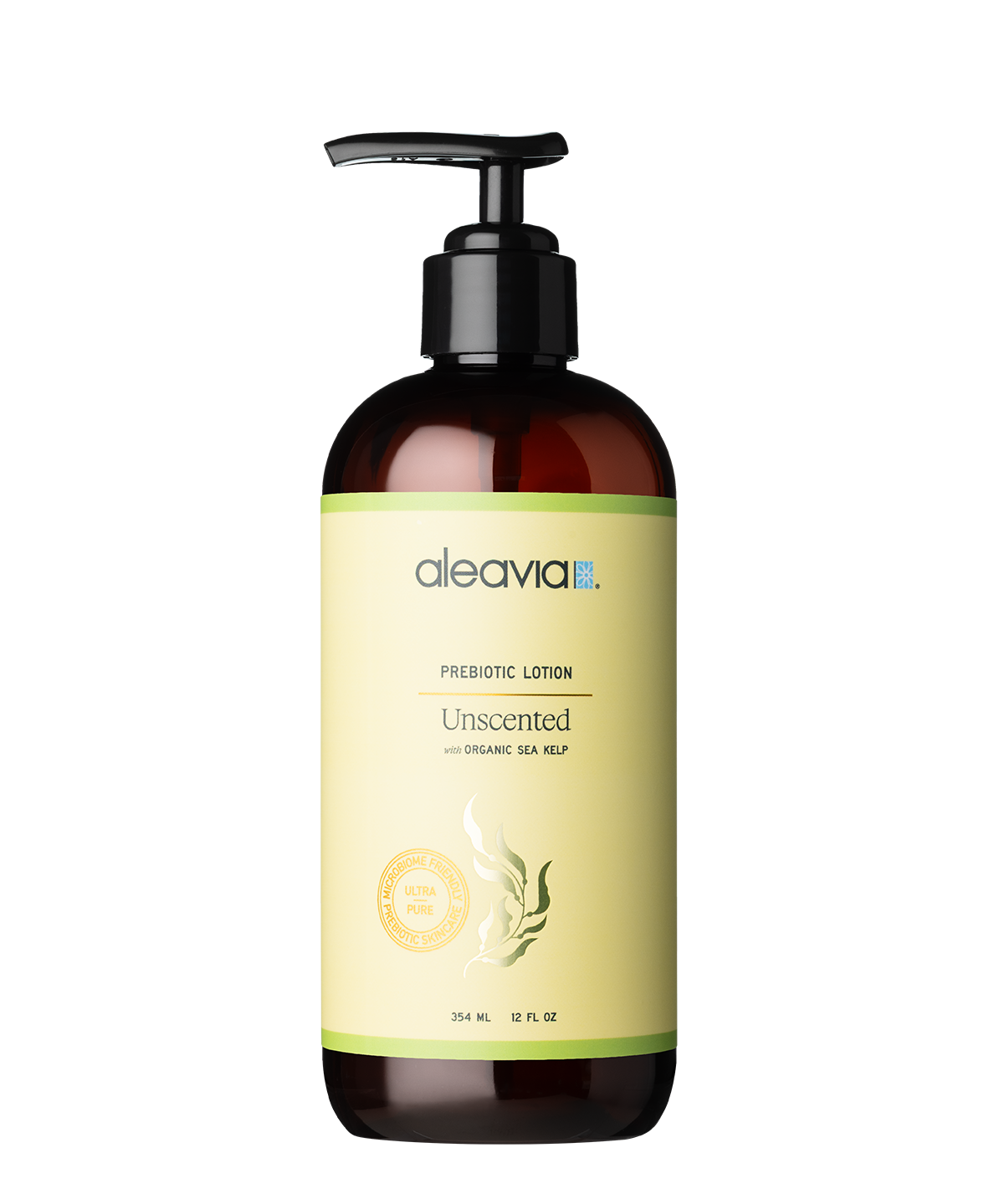Vegetable Emulsifier
Vegetable Emulsifiers are plant-derived ingredients used in skincare to blend oil and water—two elements that normally don’t mix. They are essential in creating stable, creamy textures like lotions, creams, and milky cleansers. While emulsifiers themselves are not usually active ingredients, they enhance how skincare works by improving texture, application, and ingredient delivery—which ultimately benefits your complexion.
What are Vegetable Emulsifiers?
A vegetable emulsifier is a natural (or naturally derived) compound, often made from plant oils or butters (like olive, coconut, sunflower, jojoba), sugar alcohols or starches (like sorbitol or glucose) and fatty acids or esters from plants (like cetearyl alcohol or glyceryl stearate). Vegetable emulsifiers work by acting as a "bridge" between water and oil molecules—creating a smooth, consistent emulsion that stays mixed over time.
How are Vegetable Emulsifiers used in skincare?
Vegetable emulsifiers are used in formulas that need a creamy or lightweight consistency, such as:
- Moisturizers and creams
- Facial lotions and serums
- Cleansing milks and cream cleansers
- Body lotions and baby care products
- Sunscreens and makeup primers
They can also influence:
- The feel (light vs rich)
- The absorption speed
- The stability (shelf life and temperature resilience)
What are the benefits of Vegetable Emulsifiers for your complexion and skin microbiome?
Your skin microbiome is a diverse ecosystem of good bacteria, fungi, and microorganisms that protect against pathogens, help regulate inflammation and support the skin’s natural barrier and pH. A healthy microbiome means calmer, more resilient, better-hydrated skin. Vegetable emulsifiers can be neutral to beneficial for your skin microbiome, depending on the type and concentration used in the formula.
Many emulsifiers derived from natural plant oils, sugars, and fatty acids are biocompatible and gentle on the microbiome—especially when used at low to moderate concentrations and combined with prebiotics or barrier-supportive ingredients. Here’s why it supports your skin ecosystem, among other benefits for your complexion:
- Enhanced Hydration: Emulsifiers allow for a hydrating water phase and a nourishing oil phase to be delivered at the same time, locking in moisture. Vegetable emulsifiers help prevent transepidermal water loss (TEWL)—especially important for dry or sensitive skin.
- Improved Ingredient Penetration: A stable emulsion ensures that key nutrients (like ceramides, antioxidants, or peptides) are evenly distributed and can absorb better. Vegetable emulsifiers deliver both water-soluble and oil-soluble active ingredients in one product.
- Smoother Skin Texture: A vegetable emulsifier helps create a cream or lotion that spreads evenly without tugging, which can help reduce irritation and support the skin barrier. Some emulsifiers (like lecithin or cetearyl olivate) have skin-softening properties themselves.
- Skin-Friendly & Non-Irritating: Vegetable-based emulsifiers are often non-comedogenic, biodegradable, and gentle—making them better for sensitive or acne-prone skin compared to synthetic or petroleum-based emulsifiers.








